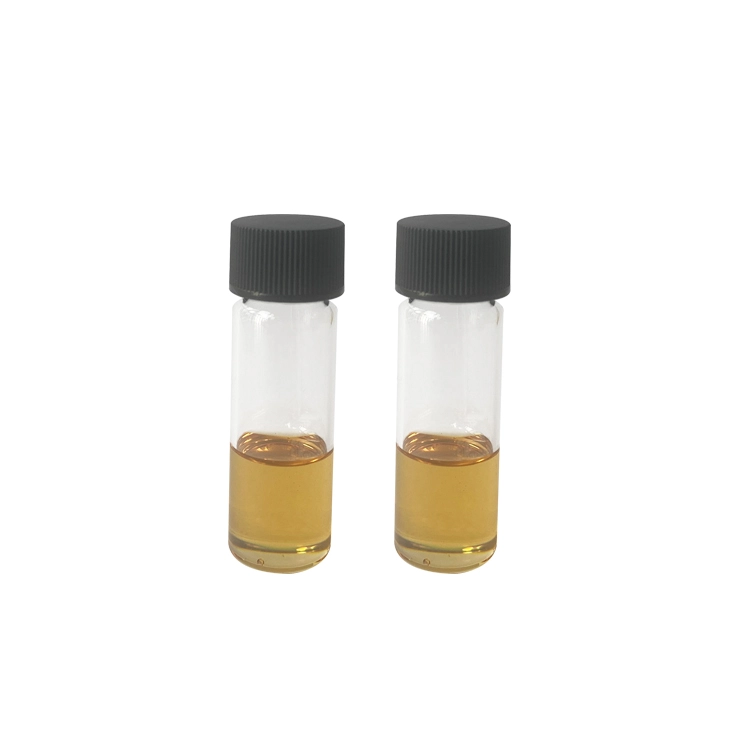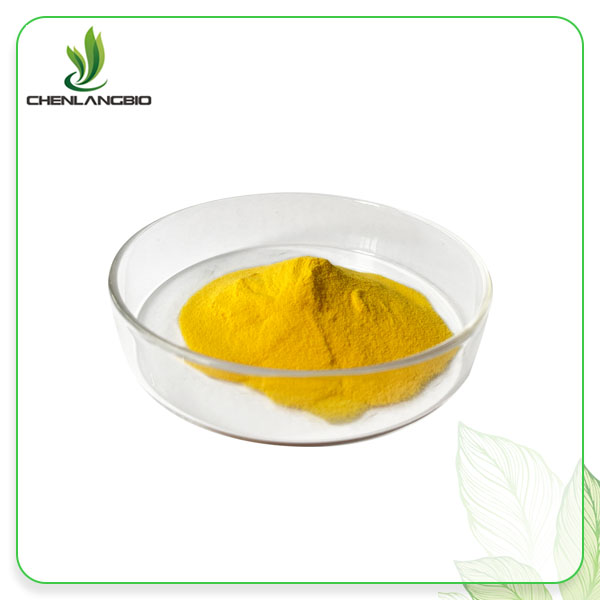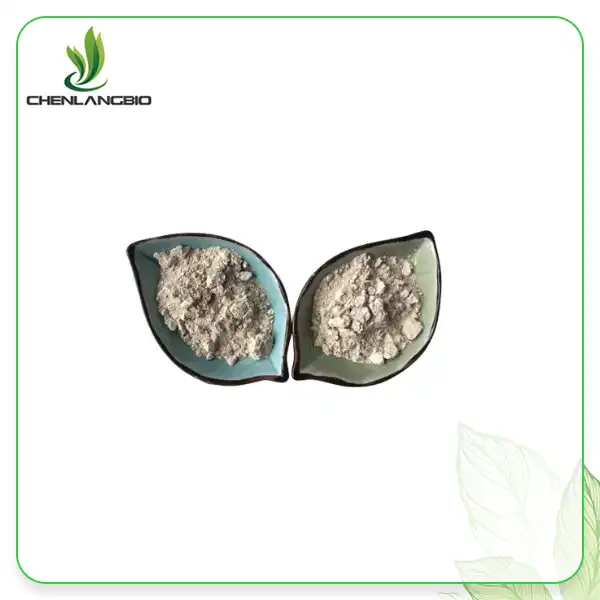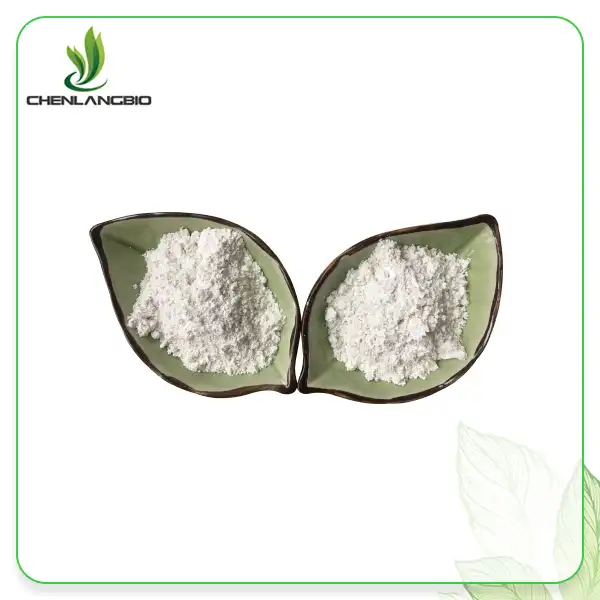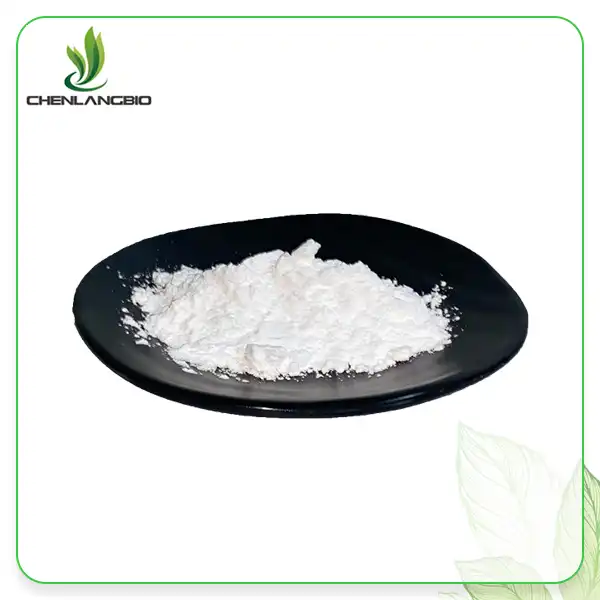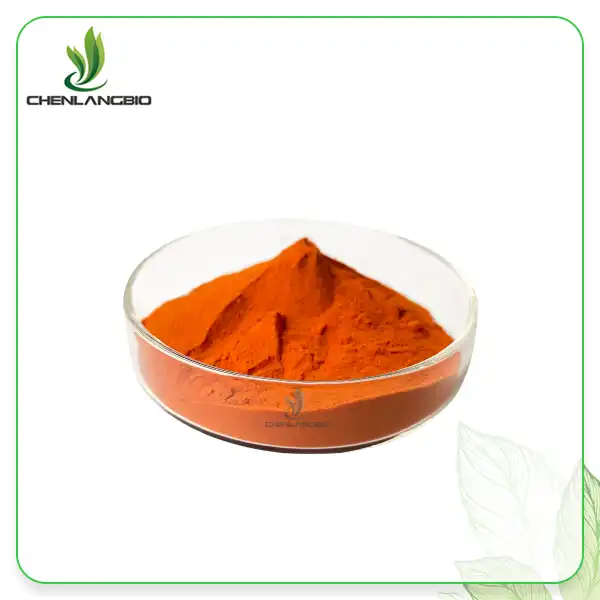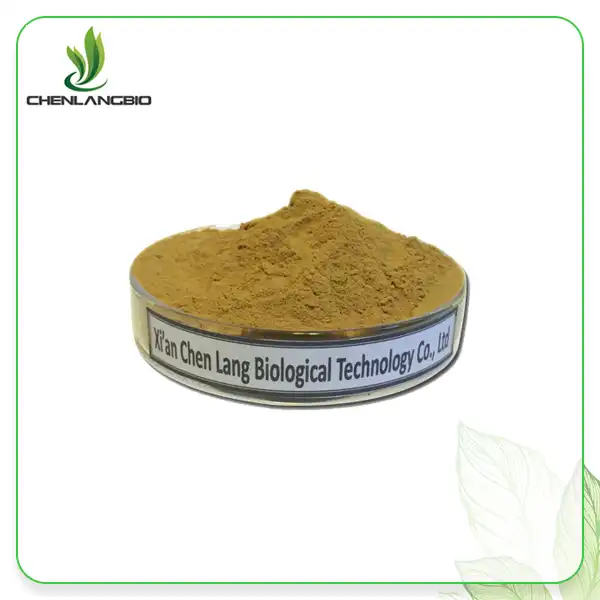Which Is Better, Bakuchiol or Niacinamide
2024-07-13 10:08:31
The quest for flawless skin often leads us to explore various skincare ingredients, each promising unique benefits. Among the most talked-about are bakuchiol and niacinamide. Both ingredients have garnered significant attention for their effectiveness, but which one is better? This article delves into the properties, benefits, and potential drawbacks of bakuchiol and niacinamide, helping you decide which ingredient is best suited for your skincare needs.
What Are the Main Benefits of Bakuchiol?
Bakuchiol, derived from the Psoralea corylifolia plant, is celebrated for its anti-aging and anti-inflammatory properties. Often touted as a natural alternative to retinol, bakuchiol has become a staple in many skincare routines due to its ability to provide similar benefits without the harsh side effects. Let's explore the primary benefits of bakuchiol:
1. Anti-Aging Properties
Bakuchiol is known for its ability to reduce the appearance of fine lines and wrinkles. It works by stimulating collagen production, which helps to improve skin elasticity and firmness. Clinical studies have shown that bakuchiol can be as effective as retinol in reducing signs of aging, making it a popular choice for those seeking a gentler alternative.
2. Antioxidant Protection
As an antioxidant, bakuchiol helps to protect the skin from free radical damage caused by environmental stressors such as UV radiation and pollution. This protective action helps to prevent premature aging and maintain a youthful complexion.
3. Anti-Inflammatory Effects
Bakuchiol has anti-inflammatory properties that can help to calm irritated skin and reduce redness. This makes it beneficial for individuals with sensitive or reactive skin conditions.
4. Improvement in Skin Texture and Tone
Regular use of bakuchiol can lead to a more even skin tone and smoother texture. It promotes cell turnover, which helps to shed dead skin cells and reveal fresh, healthy skin beneath.
5. Acne Treatment
Due to its antibacterial properties, bakuchiol can help to treat and prevent acne. It regulates oil production and keeps pores clear, reducing the likelihood of breakouts.
How Does Niacinamide Benefit the Skin?
Niacinamide, also known as vitamin B3, is a versatile skincare ingredient with a range of benefits. It is known for its ability to improve skin barrier function, reduce inflammation, and treat various skin conditions. Here are the key benefits of niacinamide:
1. Enhanced Skin Barrier Function
Niacinamide strengthens the skin's barrier, helping to retain moisture and protect against environmental irritants. A strong skin barrier is essential for maintaining healthy, hydrated skin and preventing dryness.
2. Reduction in Hyperpigmentation
Niacinamide can help to lighten dark spots and hyperpigmentation, leading to a more even skin tone. It works by inhibiting the transfer of melanin to the skin's surface, which helps to fade discoloration over time.
3. Anti-Inflammatory Properties
Niacinamide has anti-inflammatory effects that can help to reduce redness and inflammation. This makes it beneficial for treating conditions such as acne, rosacea, and eczema.
4. Regulation of Oil Production
For individuals with oily or acne-prone skin, niacinamide can help to regulate sebum production. By controlling excess oil, it reduces the likelihood of clogged pores and breakouts.
5. Anti-Aging Benefits
Niacinamide helps to reduce the appearance of fine lines and wrinkles by stimulating collagen production and improving skin elasticity. Its antioxidant properties also protect the skin from free radical damage, which contributes to premature aging.
Can Bakuchiol and Niacinamide Be Used Together?
One common question is whether bakuchiol and niacinamide can be used together in a skincare routine. Both ingredients offer unique benefits, and combining them can enhance their effectiveness. Here’s how to incorporate both into your regimen:
1. Layering Products
Bakuchiol and niacinamide can be layered in your skincare routine. Typically, you would apply niacinamide after cleansing and toning, followed by bakuchiol. This order allows niacinamide to prepare the skin by balancing oil production and reducing inflammation, creating a smoother canvas for bakuchiol.
2. Formulations
Some skincare products combine both ingredients in one formulation, making it easier to incorporate them into your routine. Look for serums or creams that feature both bakuchiol and niacinamide for a comprehensive treatment.
3. Frequency of Use
Both ingredients are generally well-tolerated and can be used daily. However, if you have sensitive skin, you may want to start by using each ingredient on alternate days to gauge your skin’s response before combining them.
4. Monitoring Skin Response
As with any new skincare routine, it’s essential to monitor how your skin reacts. If you experience any irritation, adjust the frequency of use or consider using the ingredients separately until your skin adjusts.
Which Ingredient Is Better for Sensitive Skin?
When it comes to sensitive skin, both bakuchiol and niacinamide offer advantages. Here’s a closer look at how each ingredient can benefit sensitive skin:
1. Bakuchiol for Sensitive Skin
Bakuchiol is known for its gentle nature, making it suitable for sensitive skin. Unlike retinol, which can cause irritation and dryness, bakuchiol provides similar anti-aging benefits without the harsh side effects. Its anti-inflammatory properties also help to soothe and calm irritated skin.
2. Niacinamide for Sensitive Skin
Niacinamide is also well-suited for sensitive skin due to its anti-inflammatory and barrier-strengthening properties. It helps to reduce redness and inflammation, making it an excellent choice for conditions like rosacea and eczema. Additionally, niacinamide can improve the skin’s resilience and hydration, which is crucial for sensitive skin.
3. Combining Both for Sensitive Skin
For sensitive skin, combining bakuchiol and niacinamide can provide a balanced approach. Niacinamide helps to strengthen the skin barrier and reduce inflammation, while bakuchiol offers anti-aging and antioxidant benefits. Together, they can enhance the overall health and appearance of sensitive skin without causing irritation.
How Do Bakuchiol and Niacinamide Compare in Treating Acne?
Both bakuchiol and niacinamide are effective in treating acne, but they work in different ways. Here’s a comparison of their acne-fighting properties:
1. Bakuchiol for Acne
Bakuchiol has antibacterial properties that help to prevent and treat acne. It regulates oil production, keeping pores clear and reducing the likelihood of breakouts. Additionally, its anti-inflammatory effects help to calm existing acne and reduce redness.
2. Niacinamide for Acne
Niacinamide is also effective in treating acne due to its ability to regulate sebum production and reduce inflammation. It helps to minimize the appearance of pores and prevent clogged pores, which are common causes of acne. Niacinamide’s anti-inflammatory properties also help to soothe irritated skin and reduce the redness associated with acne.
3. Using Both for Acne Treatment
Combining bakuchiol and niacinamide can provide a comprehensive approach to acne treatment. Niacinamide helps to control oil production and reduce inflammation, while bakuchiol offers antibacterial and anti-inflammatory benefits. Using both ingredients together can enhance their effectiveness in treating and preventing acne.
Conclusion
Bakuchiol and niacinamide are both powerful skincare ingredients with unique benefits. Bakuchiol offers anti-aging, antioxidant, and anti-inflammatory properties, making it an excellent alternative to retinol. Niacinamide, on the other hand, provides enhanced skin barrier function, reduces hyperpigmentation, and treats acne. Both ingredients are suitable for sensitive skin and can be used together for a comprehensive skincare routine.
Ultimately, the choice between bakuchiol and niacinamide depends on your specific skin concerns and preferences. By understanding the benefits of each ingredient, you can make an informed decision about which one is best for your skincare needs.
For more information, contact us at admin@chenlangbio.com.
References
Healthline | What Is Bakuchiol and Should You Use It in Your Skin-Care Routine?
Dermstore | Bakuchiol: The Natural Alternative to Retinol.
Harper’s Bazaar | Bakuchiol: The Plant-Based Retinol Alternative.
Byrdie | Everything You Need to Know About Bakuchiol.
Allure | Why Bakuchiol Is One of the Most Exciting Skin-Care Ingredients Right Now.
Vogue | Bakuchiol: The Natural Ingredient Transforming Skin Care.
Paula’s Choice | Bakuchiol: Everything You Need to Know.
The Ordinary | Bakuchiol: Natural and Gentle Skincare.
Indian Journal of Dermatology | Comparative Study of Bakuchiol and Retinol.
Journal of Cosmetic Dermatology | Clinical Efficacy of Bakuchiol in Skin Care.
Send Inquiry
Related Industry Knowledge
- How Is Genistein Used in Skincare?
- Are There Any Side Effects of Cactus Extract Powder?
- What is Nitenpyram Powder Used for
- Rutecarpine Powder: Benefits, Uses, and Safety
- What is Ectoin Made of
- Antioxidant and Anti-Inflammatory Effect of Cinnamon Bark Extract Powder
- High Quality Troxerutin Powder for Skin
- Beta Ecdysterone Powder Natural Material to Build Muscle
- Apple Polyphenol Extract Benefits
- What Is Green Coffee Bean Extract Powder

